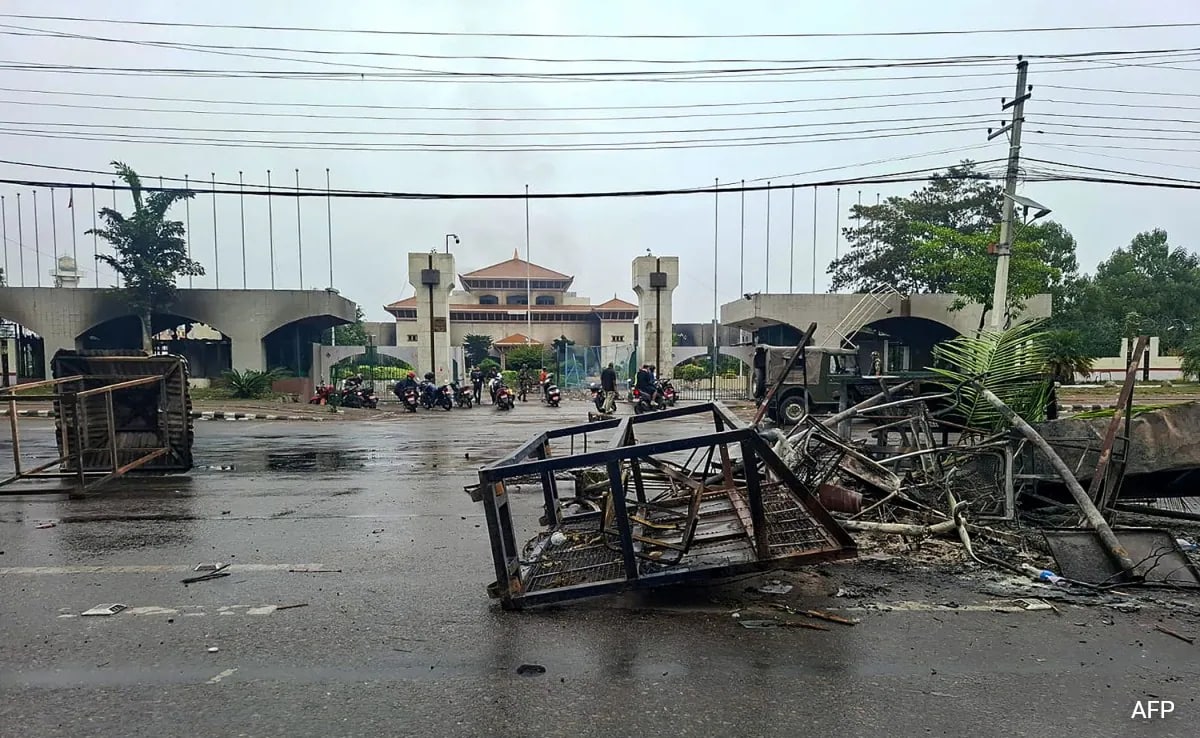Chinese court documents indicate that Zhu crossed over to a Chinese border town in July 2013. The filings say he broke into three homes, where he stole about $230 in cash, a phone and six packs of North Korean cigarettes, among other items. During one of the break-ins, Zhu stabbed a homeowner in the back, the court heard. He was apprehended by law enforcement less than two days after his escape from North Korea.
Zhu, who was scheduled to be released in August 2023, faced immediate deportation back to North Korea upon completing his sentence. While many North Korean defectors would be considered refugees under international law, China terms them illegal economic migrants and enforces repatriation under an agreement with its longtime ally.
A North Korean official provided testimony during a trial that Zhu had worked as a coal miner in North Hamgyong, a region that shares a long border with China’s Jilin province. Defectors fleeing the totalitarian Kim regime have attempted to cross via the Tumen River that straddles the Chinese-North Korean border.
The journey is arduous and sometimes fatal but attempts to leave the totalitarian country have increased since the 1990s, amid severe economic deprivation and extensive political persecution.
Lina Yoon, a senior researcher with Human Rights Watch, said in an interview that Pyongyang had “substantially increased” the prison sentences of defectors who were forcibly repatriated in recent years. In addition to the “backbreaking labor” they face when returned, former defectors may also be subject to torture and sexual violence, she said.
As of July, some 450 North Korean men were in a Jilin prison waiting to be deported after serving time, according to HRW.
A surveillance video from the Jilin prison, circulated by Chinese media, shows Zhu climbing to the rooftop of a shed abutting the prison wall, apparently disabling the electric fences around the prison and then jumping over the edge.
He remained at large as of Wednesday and authorities said they were offering up to $23,000 as reward for information leading to his capture. (The notice was subsequently taken down from local government social media accounts.) People who live near the prison from which Zhu escaped told Chinese media that police had been knocking on doors and asking for details on the North Korean’s whereabouts.
Chinese prisoners and guards have been living and working in especially stressful circumstances since the start of the coronavirus pandemic. Many prisons have implemented a “closed duty” system that requires officers to remain inside their facilities for an extended period of time to reduce risk of infection.
Guards in Tianjin, a city near Beijing, spend two weeks in centralized quarantine facilities before working two-week shifts inside prisons. The cycle is capped by two more weeks of home quarantine. Another local government praised an officer last year for having worked 110 days continuously inside a prison.
Jilin prison authorities did not return requests for comment.
.png)











 English (United States) ·
English (United States) ·  Turkish (Turkey) ·
Turkish (Turkey) ·